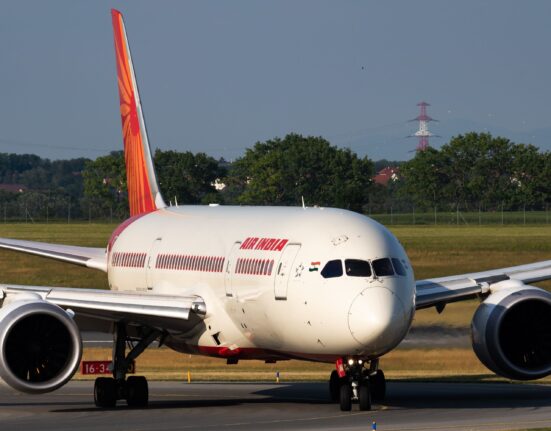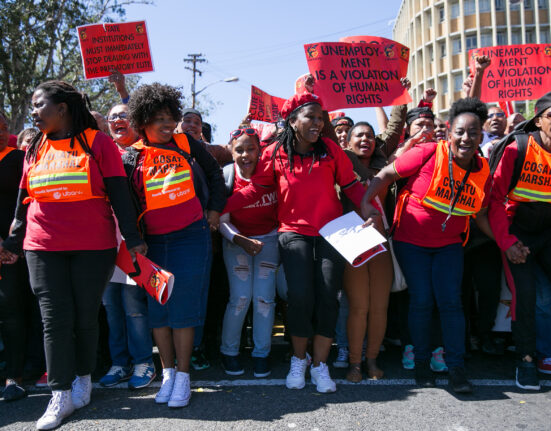Italian tire giant Pirelli finds itself teetering on the edge of a risky situation due to its failure to secure a deal with Chinese shareholder Sinochem. The company’s CEO, Andrea Casaluci, recently disclosed to Corriere della Sera the challenges Pirelli faces in resolving governance issues that threaten its expansion plans, particularly in the United States.
It all started when Pirelli and its second-largest shareholder, Italy’s Camfin, raised concerns about how Sinochem’s ownership could impede the company’s growth endeavors in the U.S. With mounting opposition from American legislators against Chinese-backed ventures, Pirelli recognized the urgent need to address these governance impediments.
In an exclusive interview published last Saturday, CEO Casaluci emphasized the critical importance of finding viable solutions that would enable Pirelli to thrive across global markets, especially in the U.S., without facing undue limitations. He underscored that without a resolution in place, not only would Pirelli’s technological advancements be jeopardized but also its future expansion prospects worldwide—putting even its operations in Italy at substantial risk.
“The goal is to find solutions that can guarantee Pirelli to operate in all markets of the world…
Casaluci expressed grave concerns over how unresolved governance issues could compromise Pirelli’s innovative technologies and impede its growth trajectory. Notably, over 20% of Pirelli’s revenue stems from North America, with high-value product sales accounting for 40%—underlining the pivotal role this market plays in sustaining the company’s financial health.
“Without a solution…future growth would also be at great risk…”
Furthermore, Casaluci highlighted plans for expanding research and development activities within Italy—a strategic move aimed at bolstering innovation capabilities within their home country. However, despite presenting a proposal to mitigate these challenges internally, Sinochem bluntly rebuffed any attempts at resolution earlier this month.
“Sinochem’s shareholding was posing risks…especially opposed by some lawmakers.”
Adding another layer of complexity is Sinochem’s independent submission of a governance proposal directly to Italian authorities—with no prior consultation with Pirelli—an action that further complicates an already delicate situation. This unilateral approach hints at deeper internal tensions and conflicting agendas between key stakeholders within Pirelli.
The standoff between shareholders not only jeopardizes immediate business prospects but also raises questions about long-term sustainability and strategic alignment within one of Europe’s leading tire manufacturers. As industry dynamics continue to evolve rapidly amidst geopolitical uncertainties and shifting regulatory landscapes globally, navigating such intricate shareholder dynamics becomes paramount for companies like Pirelli seeking sustained growth and competitive advantage.
Investors are closely monitoring how this saga unfolds as it holds implications not just for Pirelli but potentially for broader market sentiments towards international investments amid heightened scrutiny on cross-border collaborations. As stakeholders await further developments on this front, uncertainty looms large over whether all parties can reach a mutually beneficial resolution or if diverging interests will lead down a more contentious path.








Leave feedback about this